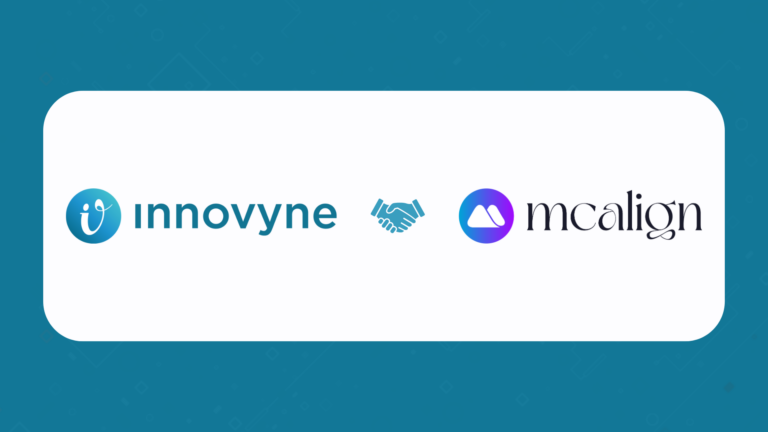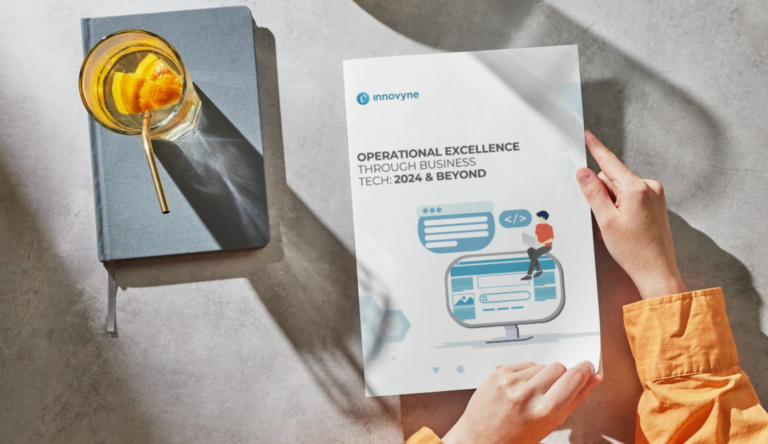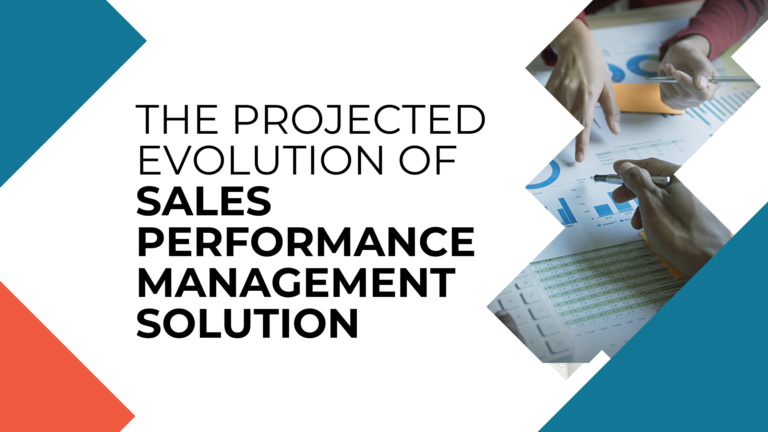Today’s workforce is categorized by a mix of multiple generations and rapid change. With the increase of millennials and Generation Z in the corporate world, talent retention has been a hot topic for almost all HR organizations. But the concept of talent retention today brings with it a change in the very philosophy and fundamental framework of compensation as we know it. The following 4 trends are quickly shaping the new strategies, programs and policies of the modern HR organization.
Focusing on Employee Experience
The largest generation of the workforce, millennials, are used to getting highly personalized, instant information through phones and computers. But it is not only has the age of the workforce that has changed but also the landscape. Companies in almost all industries and spaces face fierce global competition. Savvy HR organizations understand that to compete effectively in today’s economy, it is imperative to have the right talent.
And so many HR departments have already started to use technology to investigate and predict employee needs and preferences to build compensation strategies for top talent recruitment and retention. This is already evident by new HR positions advertised – from Employee Experience Specialist to Employee Performance Coach.
For a demographic that places great emphasis on work-life balance and a fun work environment, HR departments are making a wide range of personalized experiences available to the younger workforce – from digital experiences for on-boarding and training to checking benefits, compensation details and paid time-off. Robust solutions are now freeing up HR from mundane tasks such as processing payroll and answering benefits questions and making the way for HR to become the steward of unique, creative employee experiences that attract and retain the top talent a company needs to remain competitive and sustain growth.
Modernizing Rewards
Gone are the days of simple hard-cash compensation. As much as the employee base today reveres the concept of making money, it also brings with an expectation for creative rewards based on personal preferences. Historically, rewards programs were primarily focused on traditional, on-campus workers and rarely included elements such as flexibility, recognition and developmental incentives. Now, data-driven employers are leveraging analytics to uncover employee preferences and design truly personalized, holistic rewards programs or at the very least, offer a wide range of rewards and benefits for an increasingly diverse workforce.
In addition to free meals, flex-times and tuition reimbursement, innovative companies have started flirting with unusual ideas that support the notions of work-life balance, a fun work environment and social causes – all elements that are held in high esteem by modern workers. For example, Netflix offers unlimited vacation time. Salesforce offers paid time-off for volunteering. Google offers death benefits where the company gives the surviving spouse 50% of the deceased employee’s salary for 10 years after his or her death.
Shaking Up Performance Reviews
For many employees, performance reviews evoke a sense of deep dread and uncomfortable rituals. Historically, performance metrics were based on set targets and an annual or semi-annual review with managers was used to assess target achievement, compensation and employee tenure in the organization. Such a system did not prove to be an issue with many employees staying the job course with one company for almost all of their professional lives. However, with millennials entering the workforce, employers have seen a consumerization of the workplace. Modern employees are selecting jobs with a consumer mindset – jobs that are tailored to their own preferences and work experiences they will personally find meaningful. And in doing so, younger employees expect employers to foster frequent, open communication around performance, assignments and goals.
This has brought in an era of continuous performance management. Instead of an annual sit-down, supervisors provide bi-weekly, weekly or even daily feedback to workers. This allows for an almost real-time communication loop and gives employees an immediate chance to rectify any mistakes and improve performance.
Secondly, to foster a sense of community and open communications, astute HR departments have started implementing crowd-sourced performance assessments and peer reviews. Instead of the feedback loop being managed solely by supervisors, it is now open to employee peers. Peers can ask for feedback and share their own feedback for a fellow worker. This not only allows for an impartial review by adding more voices in the mix but also takes away the “fight-or-flight” reaction associated with formal reviews due to its informal nature, making the process much more engaging and motivating. Real-time feedback is on the way to becoming even more important as AI-based solutions lead the way in supporting such functionality.
Applying Psychology to HR
The notion that HR practices, policies and programs should be designed to reflect an understanding of human psychology is quickly starting to take off in the corporate world. As behavioral insights start shaping the HR programs, workers can expect a continuous change in hiring practices, incentives structures and employee performance management. Traditional HR and management practices were based on the notion that an employee’s primary motivation is financial self-interest. However, the theory of behavioral economics questions that notion and the very foundation of many of the HR programs today – pay-for-performance, year-end ratings, rank-and-yank and so on. Ideas promoting that humans are motivated by factors other than financial self-interest – factors such as peer recognition and freedom to contribute – make up the fundamental principles of behavioral economics.
Workers are already seeing a change in how these principles have flipped systems such as incentives and performance review programs on their heads. Furthermore, roles such as the Organizational Psychologist are increasing across the corporate job boards as HR departments continue to evolve their thinking and practices to adjust to the evolving workforce.
Contact InnoVyne Technologies to learn more about how you optimize your compensation practices.



